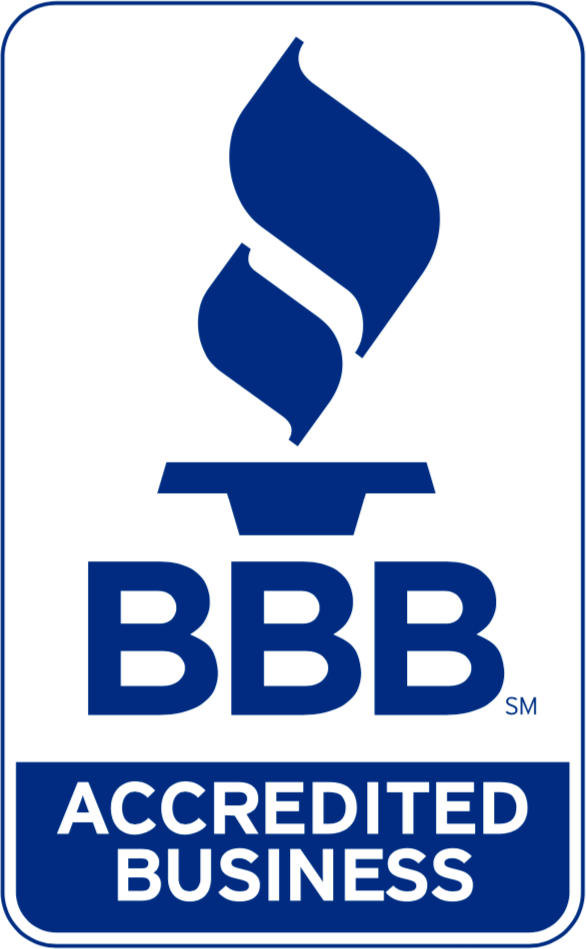Ask Yourself These 4 Questions When Building Your Smart Home Ecosystem
July 4th, 2024
When you integrate all of the connected devices in your Cleveland home, you have the ability to create a smart home ecosystem. A smart home allows you to control everything, from lights to security systems, through a single app or hub. If you’re considering building a smart home ecosystem, but are unsure how it will best fit your lifestyle, as yourself these four questions before you begin.
Do You Want A Professional Install Or A DIY System?
It seems like everyone wants to do everything for themselves. Do-it-Yourself (DIY) is a great trend that can be found in all aspects of home improvement. DIY home security systems have been slow to emerge, but today they can offer an affordable and convenient alternative to professional installations.
DIY home security systems require the homeowner to install all connected devices on their own. Those who choose to do this must do their research. Systems must be purchased from a reputable distributor, and proper installation is the only way to ensure security. Those who are not comfortable with DIY should have their smart home ecosystem professionally installed.
What Type Of Features Do You Want With Your System?
After you decide on your preferred method of installation for your smart home ecosystem, it’s time to think about the features you want. A professional installer will offer you the option of a 24/7 monitoring service. If an emergency occurs in your Cleveland home, an alarm will alert you to the threat. At the same time, the 24/7 monitoring center will be notified. They will proceed to contact emergency services.
Other options in smart home ecosystem security include:
- Cameras
- Carbon monoxide detectors
- Garage door control
- Lights
- Locks
- Motion sensors
- Smoke alarms
- Thermostats
What Is Your Property Like?
Do you live in a multi-tenant apartment complex, a townhome, or a single-family unit in Cleveland? Your smart home ecosystem options will vary based on your residence type. Those who live in a single-family home will need to consider outdoor smart lights. Those in a multi-unit complex won’t need to think about exterior protection. A reputable vendor can help you find a solution that meets your needs.
Those who own their property can customize their smart home ecosystem. Those who rent or lease do not have the same freedoms. Landlords often have restrictions on what equipment can be permanently installed, so check with your landlord to see what smart home security features are within the parameters of your lease.
Who Lives In Your Home With You?
Do you live alone? Or do you have roommates, children, or pets? Your smart home ecosystem should be built around the people who live with you. Pets and children can trip sensors and create a false alarm. If the system is activated when you’re not available, roommates need to know how to operate it. When you consider your options before integration, you can create a smart home ecosystem that works together in harmony to give you peace and security.





